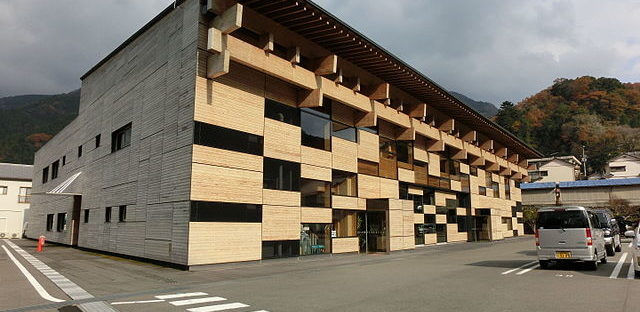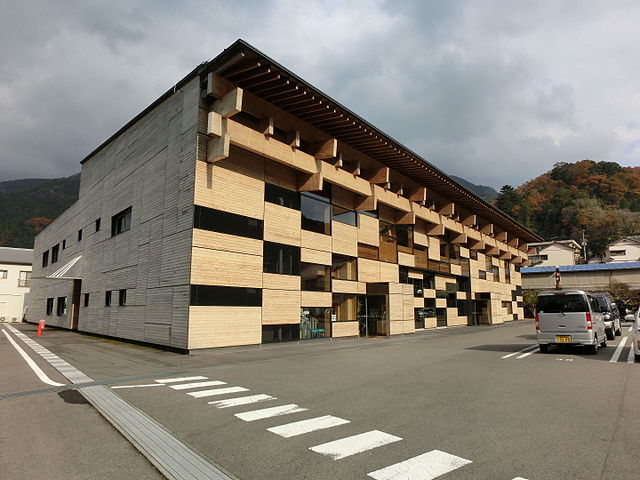- Target: Supply 100% of the electricity needed for housing, the business and industry sector with local renewable energy by 2050
- Status: In progress
- RES: Wind, hydro, biomass, solar, and geothermal
- Implementation: Yusuhara Town is a small remote town in Kochi prefecture, Japan. It is one of 13 cities in Japan to have been awarded the ‘Environmental Model City’ label. Today, the town utilizes alternative renewable sources of energy, namely wind, water, biomass, solar, and geothermal. Due to its location with the most optimum wind conditions in the country (an annual average speed of 7.2m/s), generating power from wind energy has been the most efficient for Yusuhara. Since 91% of the total area of 23,651 ha of Yusuhara Town is forest, the town employs forest thinning and uses forestry waste to generate heat energy. Forest thinning helps reduce and prevent overcrowding and competition for sunlight and nutrients. Smaller trees that are chopped down are either used to create new furniture or to produce wood pellets for fuel. Hence, the woody biomass aids in the revitalisation of the local economy. And by substituting other materials such as cement with this wood, it helps to reduce pollution.
- Population: 3,640 (2017)
- Area: 236.51 km2 (91.32 sq mi)
- Link: Eco-Model City Initiatives in the Town of Yusuhara
Yusuhara, Japan

